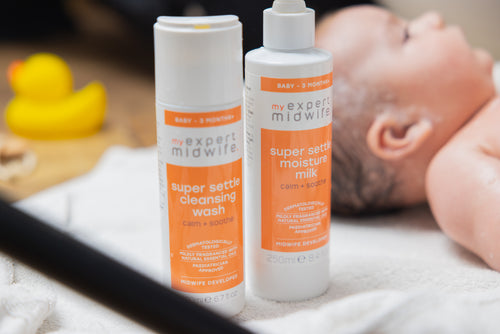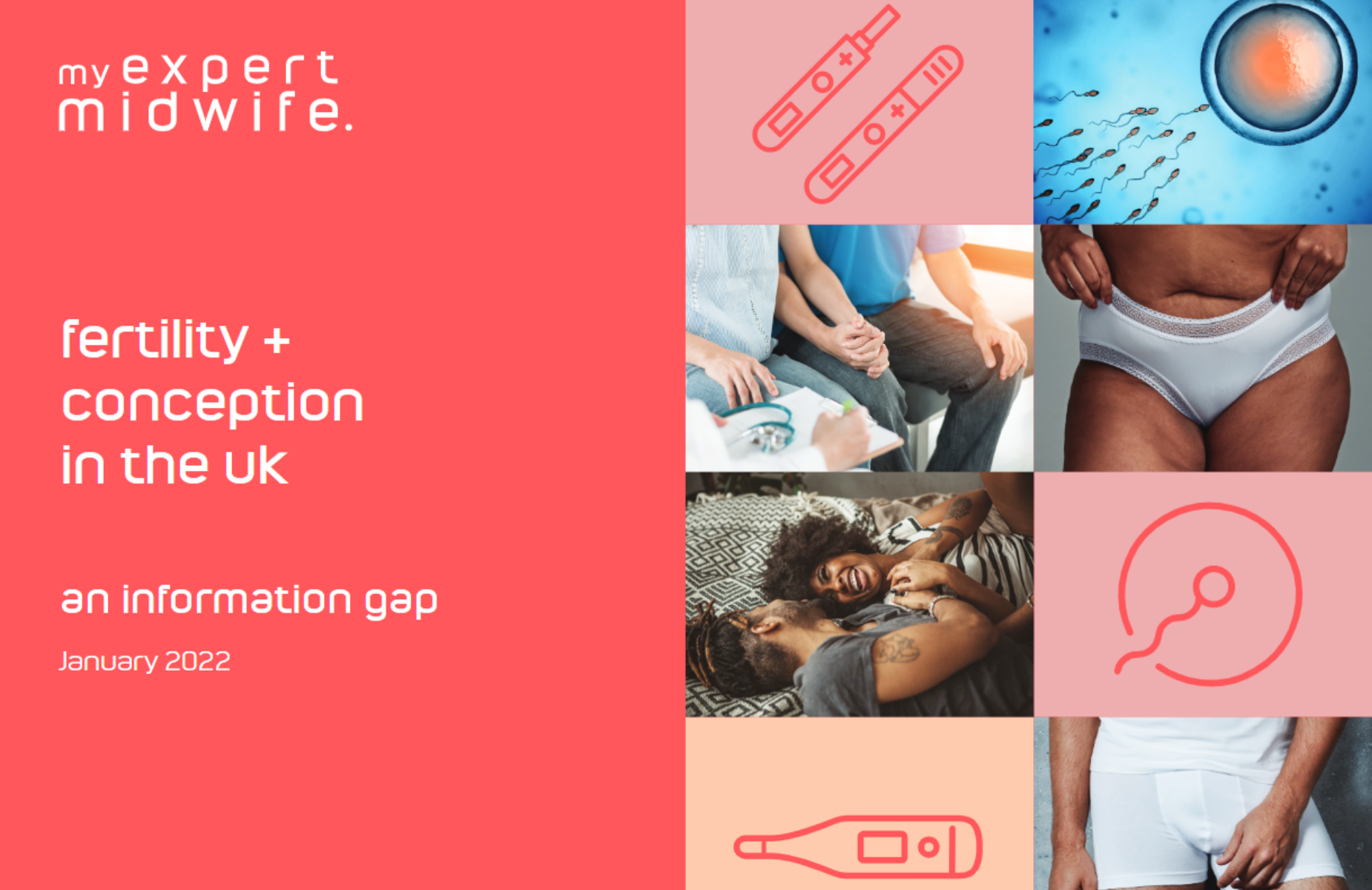Annually, there are 3 million people in the UK trying to conceive. For those who don’t fall pregnant in the first few months of trying, many head online, looking for information to help them conceive. Unfortunately, what is available is often brief, incomplete or incorrect. Registered midwives at My Expert Midwife have reviewed the available information and made recommendations on what needs to change to save time and heartache for parents-to-be.
Research into online search data shows over 100,000 monthly searches for queries around ‘getting pregnant’ and ‘trying to conceive’ and related topics.
However, the information that is available isn’t always complete, accurate or consistent. Midwives at My Expert Midwife reviewed the top page of results for search terms ‘getting pregnant’ and ‘how to conceive’ in the UK and found that:
• Age bias: Most of the information provided is relevant for couples under 30 with no underlying medical conditions. This type of information can give inaccurately optimistic information to older couples and those with underlying medical conditions about their chances of conception
• Irrelevant: Most of the information available is from North American websites and is relevant for the US health system. This advice cannot be easily applied to the UK model of care, where self-care is the first course of action for most couples
• Brief: Information on more well-known brand websites, although accurate, was brief and offered general information rather than step-by-step advice on actions people could take to help them conceive
• Incomplete: Little information was found about lifestyle and fertility. Many of these issues are either not discussed for fear of causing offence (raised body weight, diet & lifestyle) or an assumption has been made that the information is so well known that it’s no longer reinforced - for example, men should wear boxers not briefs to keep testicles cool
As a result, many couples could be left in the position of being unsure as to the validity of the information they’re using and, in extreme cases, following incorrect advice, especially if they are from non-medical sources. Same sex couples have an even greater difficulty in accessing information that’s relevant to them and applying this to their circumstances.
We also consulted 164 people who had tried to conceive in the last 5 years, and for whom it had taken longer than three months to conceive, to gain a personal perspective from those who had recently embarked on their own conception journey and found that:
• 87% of respondents reported seeing various myths associated with trying to conceive
• Many couples were accessing non-UK websites for advice and information with 39.5% of those surveyed saying they visited a US website for information about getting pregnant
• 64.5% of respondents agreed that there wasn’t enough support and information available for couples trying to conceive.
What is needed is a ‘one stop hub’ of high-quality, in-depth information all designed to improve people’s chances of conception each month. There also needs to be access to low-cost Trying to Conceive Kits that are curated to provide everything that is needed and nothing that is not – no frills and not-for-profit.
It’s now more important than ever to offer couples access to information which could remove the need for fertility investigations and treatment for some couples.




